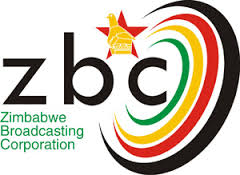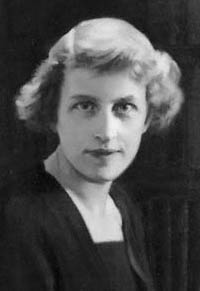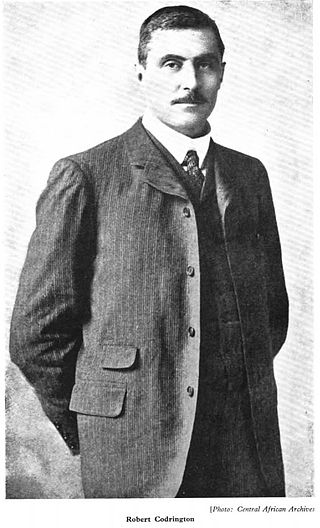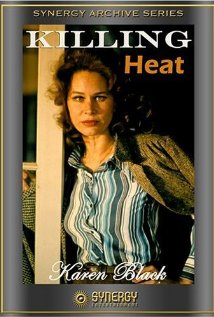
Zambia, officially the Republic of Zambia, is a landlocked country at the crossroads of Central, Southern and East Africa, although it is typically referred to as being in Southern Africa at its most central point. Its neighbours are the Democratic Republic of the Congo to the north, Tanzania to the northeast, Malawi to the east, Mozambique to the southeast, Zimbabwe and Botswana to the south, Namibia to the southwest, and Angola to the west. The capital city of Zambia is Lusaka, located in the south-central part of Zambia. The nation's population of around 20.1 million (2023) is concentrated mainly around Lusaka in the south and the Copperbelt Province to the north, the core economic hubs of the country.

Southern Rhodesia was a landlocked self-governing British Crown colony in southern Africa, established in 1923 and consisting of British South Africa Company (BSAC) territories lying south of the Zambezi River. The region was informally known as south Zambesia until annexed by Britain at the behest of Cecil Rhodes's British South Africa Company, for whom the colony was named. The bounding territories were Bechuanaland (Botswana), Northern Rhodesia (Zambia), Moçambique (Mozambique), and the Transvaal Republic.

Tsitsi Dangarembga is a Zimbabwean novelist, playwright and filmmaker. Her debut novel, Nervous Conditions (1988), which was the first to be published in English by a Black woman from Zimbabwe, was named by the BBC in 2018 as one of the top 100 books that have shaped the world. She has won other literary honours, including the Commonwealth Writers' Prize and the PEN Pinter Prize. In 2020, her novel This Mournable Body was shortlisted for the Booker Prize. In 2022, Dangarembga was convicted in a Zimbabwe court of inciting public violence, by displaying, on a public road, a placard asking for reform.

The Zimbabwe Broadcasting Corporation (ZBC) is the state-owned broadcaster in Zimbabwe. It was established as the Rhodesian Broadcasting Corporation (RBC), taking its current name in 1980. Like the RBC before it, the ZBC has been accused of being a government mouthpiece with no editorial independence.

Alexandra Fuller is a British-Rhodesian author. Her articles and reviews have appeared in The New Yorker, National Geographic, Granta, The New York Times, The Guardian and The Financial Times.

Winifred Holtby was an English novelist and journalist, now best known for her novel South Riding, which was posthumously published in 1936.
White Zimbabweans, also called Rhodesians, are people in Zimbabwe who are of European descent. In linguistic, cultural, and historical terms, these Zimbabweans of European ethnic origin are mostly English-speaking descendants of British settlers and a small minority of them are either Afrikaans-speaking descendants of Afrikaners from South Africa and/or those descended from Greek and Portuguese immigrants.
Giles Foden is an English author, best known for his novel The Last King of Scotland (1998).
Goffals or Coloured Zimbabweans are persons of mixed race, predominately those claiming both European and African descent, in Malawi, Zambia, and, particularly Zimbabwe. They are generally known as Coloureds, though the term Goffal is used by some in the Coloured community to refer to themselves, though this does not refer to the mixed-race community in nearby South Africa. The community includes many diverse constituents of Shona, Northern Ndebele, Bemba, Fengu, British, Afrikaner, Cape Coloured, Cape Malay and less commonly Portuguese, Greek, Goan, and Indian descent. Similar mixed-race communities exist throughout Southern Africa, notably the Cape Coloureds of South Africa.
Rhodie is a colloquial term typically applied to a white Zimbabwean or expatriate Rhodesian.
Namwanga or Nyamwanga are a Bantu ethnic group native to Momba District in Songwe Region of Tanzania, northeastern Zambia,and Northern Malawi. They speak Nyamwanga or Chinamwanga. In 1993 the Mwanga population was estimated to number 256,000, with 169,000 living in Zambia and 87,000 in Tanzania. At this point, the number of Namwanga people in Malawi is not yet known.

Sir Robert Edward Codrington was the colonial Administrator of the two territories ruled by the British South Africa Company (BSAC) which became present-day Zambia. He was Administrator of North-Eastern Rhodesia, based at Fort Jameson, now Chipata, from 11 July 1898 to 24 April 1907, and then of North-Western Rhodesia, based at Livingstone from February 1908 to his death in London on 16 December 1908 from heart disease at age 39. He laid the foundation for the amalgamation of the two territories as Northern Rhodesia four years later.
Victoria (Vicky) Mary Jones is a children's author. She was born in Zambia and educated in Zimbabwe. She completed a BA in English, Archaeology and Social Anthropology at the University of Cape Town. Jones moved to Christchurch, New Zealand, in 1997 with her husband and two sons, and has written all her books there.
St. Stephen's College, Balla Balla, Southern Rhodesia was a private Christian high school for boys from 1956 to 1975.

Anna Burns FRSL is an author from Northern Ireland. Her novel Milkman won the 2018 Booker Prize, the 2019 Orwell Prize for political fiction, and the 2020 International Dublin Literary Award.

Fay King Chung is a Zimbabwean educator and was an independent candidate for the 2008 Zimbabwean senatorial election. Chung has worked to extend access to education and to bring education-with-production principles into school curricula in Zimbabwe and other developing countries.

James Crace is an English novelist, playwright and short story writer. Elected a Fellow of the Royal Society of Literature in 1999, Crace was born in Hertfordshire and has lectured at the University of Texas at Austin. His novels have been translated into 28 languages—including Norwegian, Japanese, Portuguese and Hebrew.

Petina Gappah is a Zimbabwean lawyer and writer. She writes in English, though she also draws on Shona, her first language. In 2016, she was named African Literary Person of the Year by Brittle Paper. In 2017 she had a DAAD Artist-in-Residence fellowship in Berlin.

Killing Heat is a 1981 film based on Doris Lessing's 1950 novel The Grass Is Singing. It stars Karen Black and John Thaw and was filmed in Zambia and Sweden. The film was released in Zimbabwe as The Grass is Singing.

The history of the Jews in Malawi formerly known as Nyasaland, and part of the former Federation of Rhodesia and Nyasaland.













